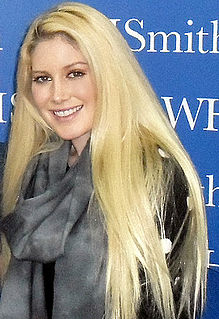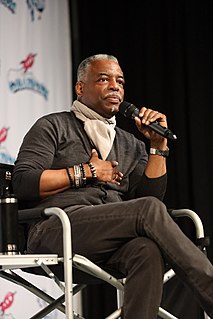A Quote by Anthony Burgess
The possession of a book becomes a substitute for reading it.
Quote Topics
Related Quotes
Reading, because we control it, is adaptable to our needs and rhythms. We are free to indulge our subjective associative impulse; the term I coin for this is deep reading: the slow and meditative possession of a book. We don't just read the words, we dream our lives in their vicinity. The printed page becomes a kind of wrought-iron fence we crawl through, returning, once we have wandered, to the very place we started.
IMPORTANT Book reading is a solitary and sedentary pursuit, and those who do are cautioned that a book should be used as an integral part of a well-rounded life, including a daily regimen of rigorous physical exercise, rewarding personal relationships, and sensible low-fat diet. A book should not be used a as a substitute or an excuse.
The good news (for writers) is that this means that ebooks on computers are more likely to be an enticement to buy the printed book (which is, after all, cheap, easily had, and easy to use) than a substitute for it. You can probably read just enough of the book off the screen to realize you want to be reading it on paper.
In man's life, the absence of an essential component usually leads to the adoption of a substitute. The substitute is usually embraced with vehemence and extremism, for we have to convince ourselves that what we took as second choice is the best there ever was. Thus blind faith is to a considerable extent a substitute for the lost faith in ourselves; insatiable desire a substitute for hope; accumulation a substitute for growth; fervent hustling a substitute for purposeful action; and pride a substitute for an unattainable self-respect.
When I was thirteen, I was in a supermarket with my mother, and for no reason at all, I picked up a science-fiction book at the checkout stand and started reading it. I couldn't believe I was doing that, actually reading a book. And, man, it opened up a whole new thing. Reading became the sparkplug of my imagination.






































